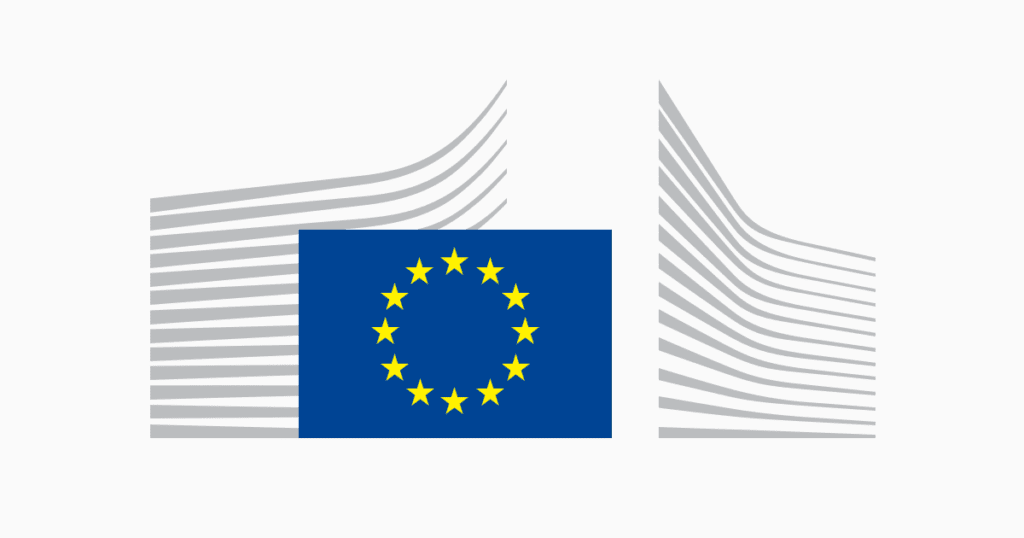The regular harmonised business and consumer surveys cover different sectors of the economies in the EU and in the candidate countries.
Moreover, the EU together with all Member States implements its main recovery tool, the €650 billion Recovery and Resilience Facility (RRF). Its aim is to make our economies and societies more sustainable, resilient and aligned with the green and digital transitions.
Beyond the EU, the EU gives macro-financial assistance to partner countries, including ten enlargement and neighbourhood partners, helping stabilise their economies in challenging times. The EU also promotes its economic positions globally, engaging with key national and international authorities and institutions.
The euro, as the second most important currency globally, strengthens the euro area economies and financial systems from foreign exchange shocks, reduces reliance on other currencies and lowers costs for EU firms. The EU supports non-euro area Member States in their efforts to meet the criteria to adopt the euro.

